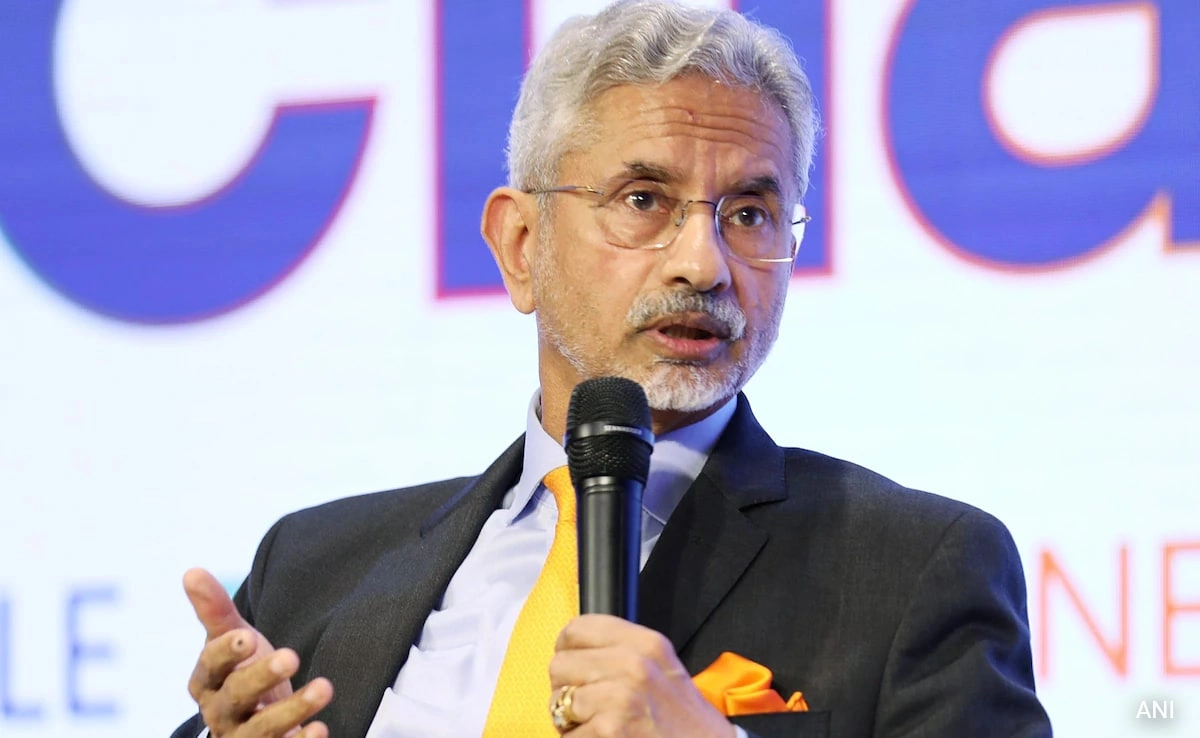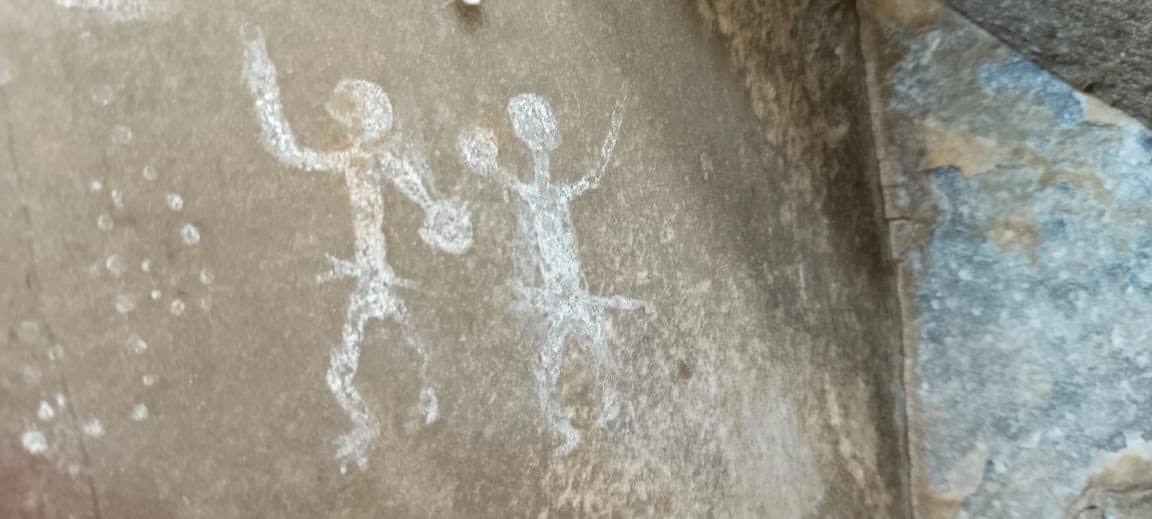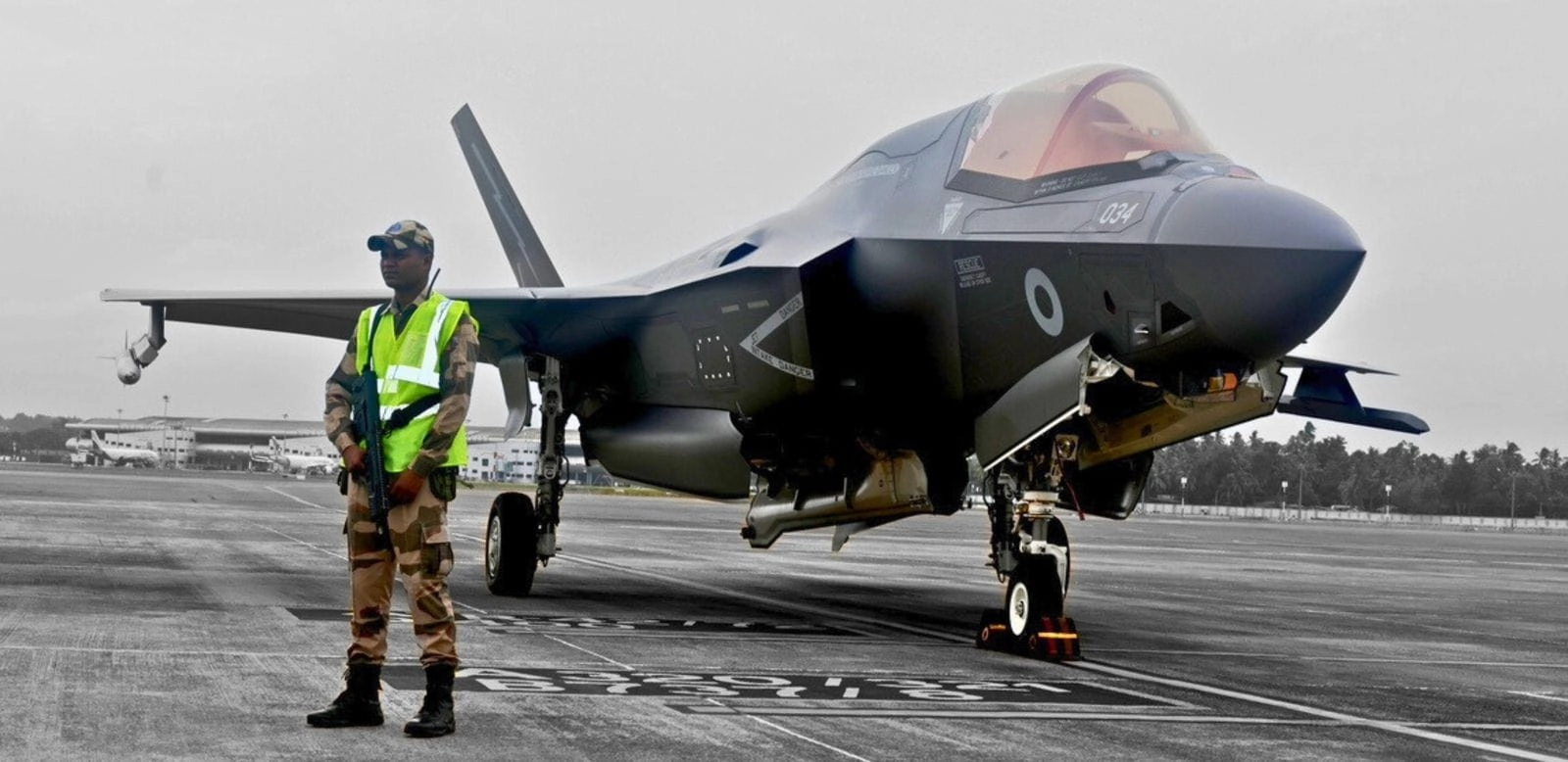In the wake of the tragic terror attack in Pahalgam, which claimed the lives of innocent civilians, world leaders have rallied together to express their condemnation and solidarity with India. External Affairs Minister S. Jaishankar received calls from several prominent figures, reflecting the global community’s outrage over the heinous act of violence. The attack, which has drawn widespread condemnation, is seen not just as an assault on India but as a threat to peace and stability in the region. Leaders from various countries emphasized the need for collective action against terrorism, calling for unity in the face of such atrocities.
During these conversations, Jaishankar articulated India’s stance on terrorism, emphasizing the necessity of international cooperation in combating this global menace. He highlighted India’s commitment to fighting against terrorism in all its forms and reiterated the importance of a unified approach to ensure the safety of citizens worldwide. The world leaders expressed their condolences to the victims’ families and pledged their support for India in its efforts to address the challenges posed by terrorism. The collective response underscores a shared understanding that terrorism knows no borders and that a collaborative effort is essential to counteract its pervasive threat.
The Pahalgam attack serves as a grim reminder of the persistent challenges faced by nations in maintaining security and peace. In the discussions, world leaders acknowledged their responsibility to enhance international frameworks that address terrorism, sharing intelligence and best practices to prevent future attacks. The incident has reignited dialogues on counter-terrorism strategies, emphasizing the need for robust measures that not only respond to attacks but also work towards long-term solutions that address the root causes of extremism. As the global community stands united against this threat, the calls for action from leaders around the world highlight the importance of resilience and cooperation in the face of adversity.
Amidst this backdrop, India continues to strengthen its resolve to combat terrorism, fostering partnerships with other nations to enhance security measures and intelligence-sharing protocols. The international response to the Pahalgam attack illustrates a growing recognition of the need for solidarity in addressing the scourge of terrorism. As nations come together to condemn such acts of violence, it reaffirms the belief that peace and security are collective goals that require ongoing commitment and collaboration. The aftermath of the attack will likely shape future diplomatic conversations, pushing for a more comprehensive approach to counter-terrorism that involves all stakeholders in the international arena.




